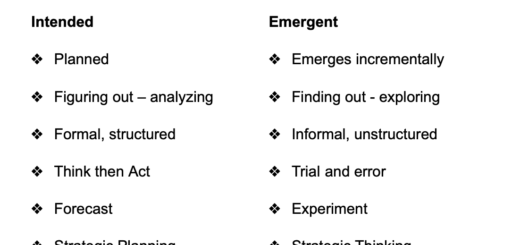Line Managers Role in Coaching Their Teams
Coaching is a form of developmental activity that involves one-on-one interaction between a coach and a coachee, with the goal of improving the coachee’s performance, skills, and knowledge. The coach provides support, guidance, and feedback to the coachee, helping them to identify their strengths and weaknesses and to develop strategies for improving their performance.
According to Torrington et al. (2017), line managers play an important role in coaching their teams. Line managers are typically responsible for managing the day-to-day activities of their team members, and coaching is one way in which they can help their team members to develop their skills and knowledge. Here are a few ways in which line managers can use coaching to support their teams:
- Setting goals: Line managers can work with their team members to set goals and objectives for their work. By setting clear and measurable goals, team members can focus their efforts on achieving specific outcomes, and the line manager can provide guidance and support to help them reach their goals.
- Providing feedback: Line managers can provide regular feedback to their team members on their performance, highlighting areas where they are doing well and areas where they need to improve. By providing constructive feedback, the line manager can help team members to develop their skills and knowledge.
- Coaching for development: Line managers can use coaching to help their team members to develop specific skills or knowledge areas. For example, a line manager may identify that a team member needs to improve their communication skills, and may work with them to develop strategies for improving their communication.
- Supporting career development: Line managers can use coaching to support the career development of their team members. By helping team members to identify their career goals and develop plans for achieving them, line managers can demonstrate their commitment to their team members’ professional development.
Overall, coaching is an important tool for line managers to support the development of their teams. By providing support, guidance, and feedback to their team members, line managers can help them to develop their skills and knowledge, and to achieve their professional goals.
| Summary |
|---|
| The line managers’ role in learning and development has increased with the devolution of HRM responsibilities to them. |
| Coaching is an informal approach to development conducted by the line manager. Coaching involves a line manager asking a team member questions, actively listening, encouraging and giving the trainee constructive feedback. |
| Coaching can be remedial to help a team member improve their weakness in performance or proactive to help team members develop their strengths and/or potential. |
| Line managers as coaches can work with trainees, helping them to engage in a wider range of tasks and to learn from experience. |
| Skilled coaches adapt their style to suit the trainees’ needs, directive at first moving to non-directive. |




